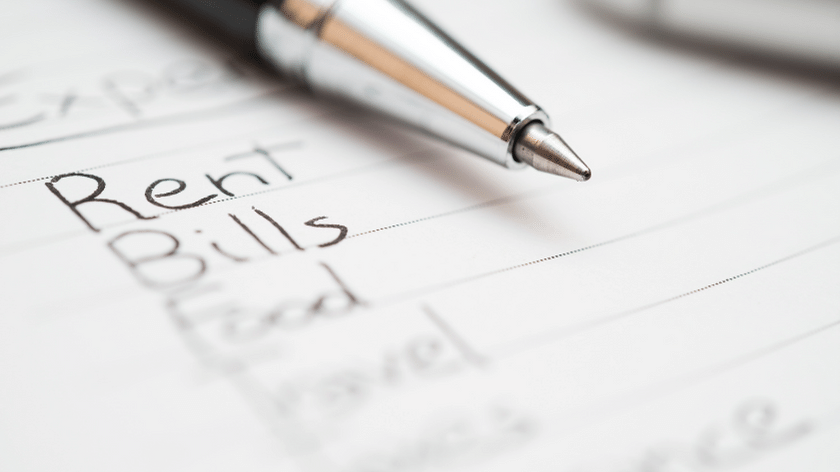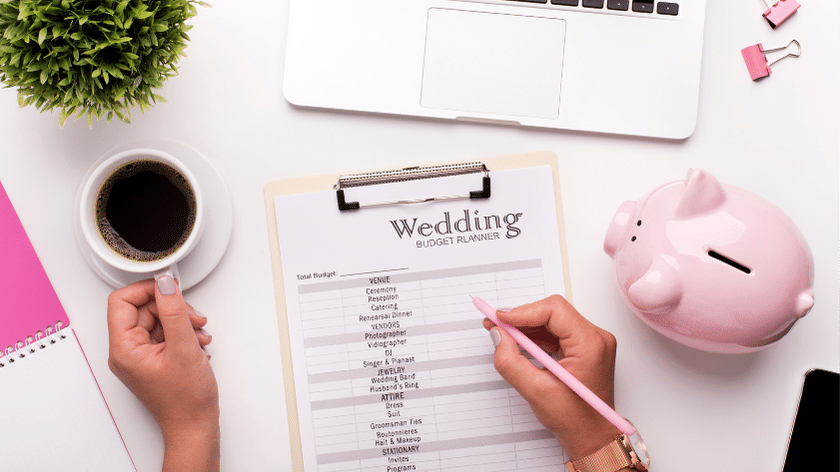Different Types Of Expenses

It is important to understand the different types of expenses and how they play a vital role in your budgeting. By understanding not only where you are spending money but when and on what, you can truly start to prioritize your spending. Yes, budgeting helps you live a life of priorities, but we can’t ignore our current commitments and responsibilities.
Fixed Expenses
Fixed expenses are our expenses that happen once every month at the same time of the month and are usually a similar amount every month. Some examples would be your rent or mortgage payments, utilities, phone bills, or any monthly payments or subscriptions you have. We want to organize these categories separately from other spending categories because we want to make sure that they are funded by the date they are due. We don’t want our mortgage or rent payment on a list of free spending categories to be forgotten about.
Living Expenses
Our living expenses are the expenses that we need every month. They are expenses that will usually happen multiple times a month, and the amounts are random. Some examples of this would be gas for your car, groceries, toiletries, clothing, or cleaning supplies. These are categories that need to be funded every month, but you may have some wiggle room as to when the money is needed.
Long Term Expenses
These expenses do not happen every month. They may happen once a year, or they may happen at various times throughout the year and be in random amounts. Some examples could include an annual subscription, 6 month auto insurance premiums, or auto and home maintenance.
Discretionary
“This is where the fun begins” (ignore my nerdy reference). These could be the most important and most forgotten expenses when people start to budget. While they are the lowest priority of the four types of expenses, they cannot be overlooked. The reason I say these could be the most important expenses is because they will make or break your budget. People who forget to plan or budget for their fun and frivolous spending are also the ones who usually burn out and give up on budgeting. They view a budget as being restrictive and only stopping them from having fun instead of giving them permission and encouragement to have fun. If you want to be successful at budgeting, and I don’t just mean this month, but to make budgeting a normal part of your life, then you have to budget for fun. Whatever that means to you, make having fun a priority by adding it to your budget. Have a category for “Fun Spending”, “Vacation”, “Games”, “Books”, “Coffee”, or whatever is important to you.
By prioritizing our expenses, we can budget more efficiently by knowing which categories need our attention first and which categories we can pull money from in case of an emergency. The longer you budget, the better you will become at understanding all of your expenses and where your money goes. This will minimize unexpected expenses popping up, and when they do, you will be more prepared to handle them without reaching for debt.
Looking for more budgeting tips? Check out:



